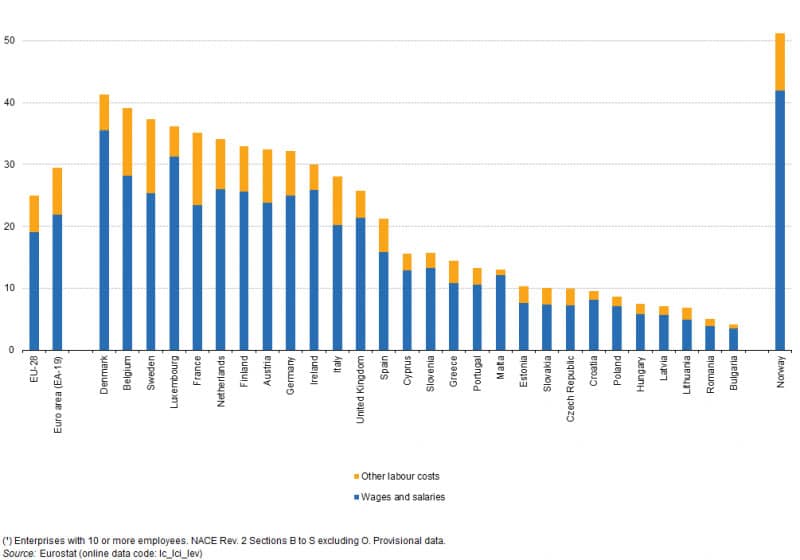Securitisation
Securitisation involves changing loans into tradeable bonds. Securitisation can increase the liquidity of banks and enable banks to engage in more lending than previously. Securitisation was a factor in the credit crunch because it enabled banks to lend more than usual. When there was a shortage of credit in the banking system, banks became over-exposed …

